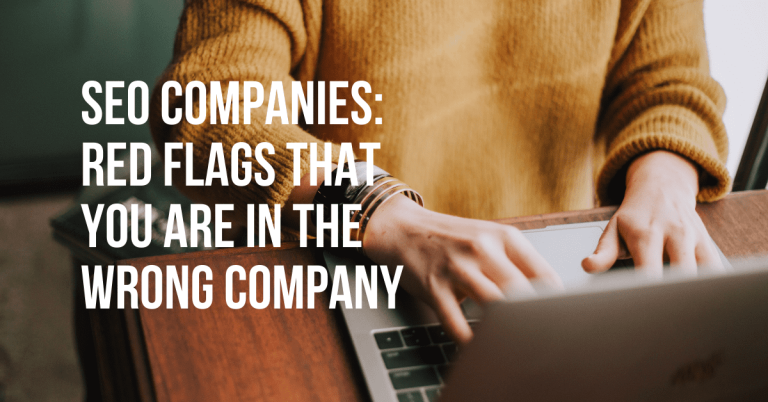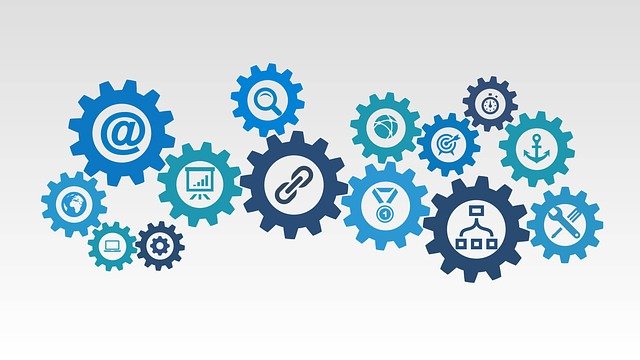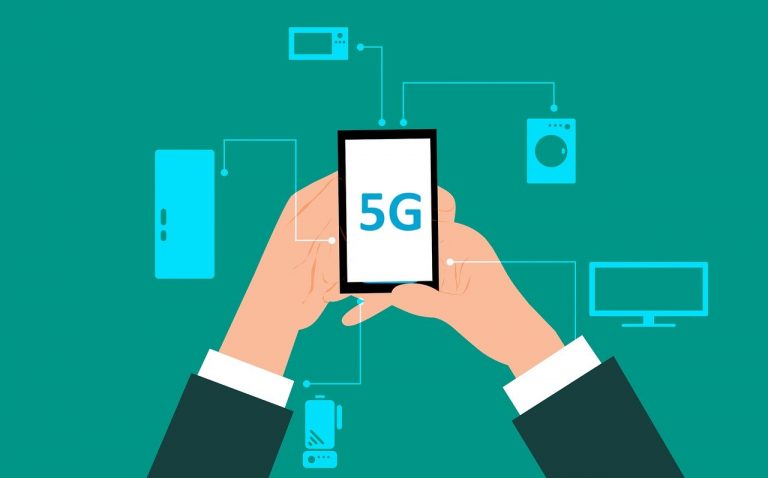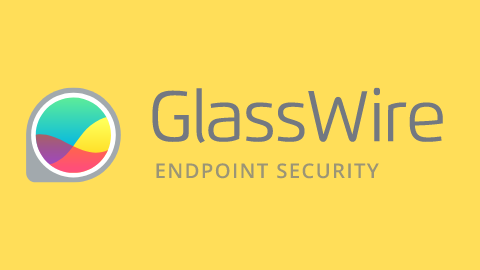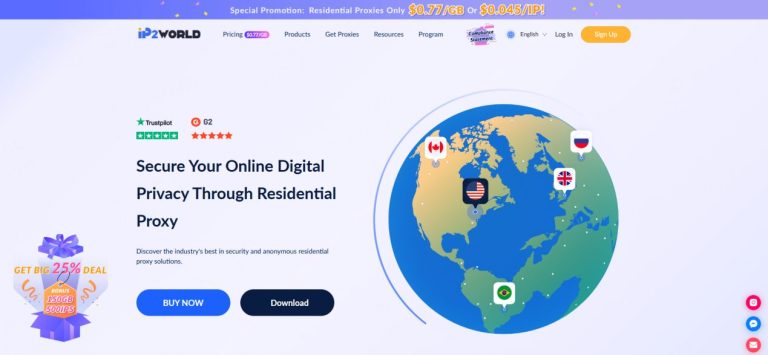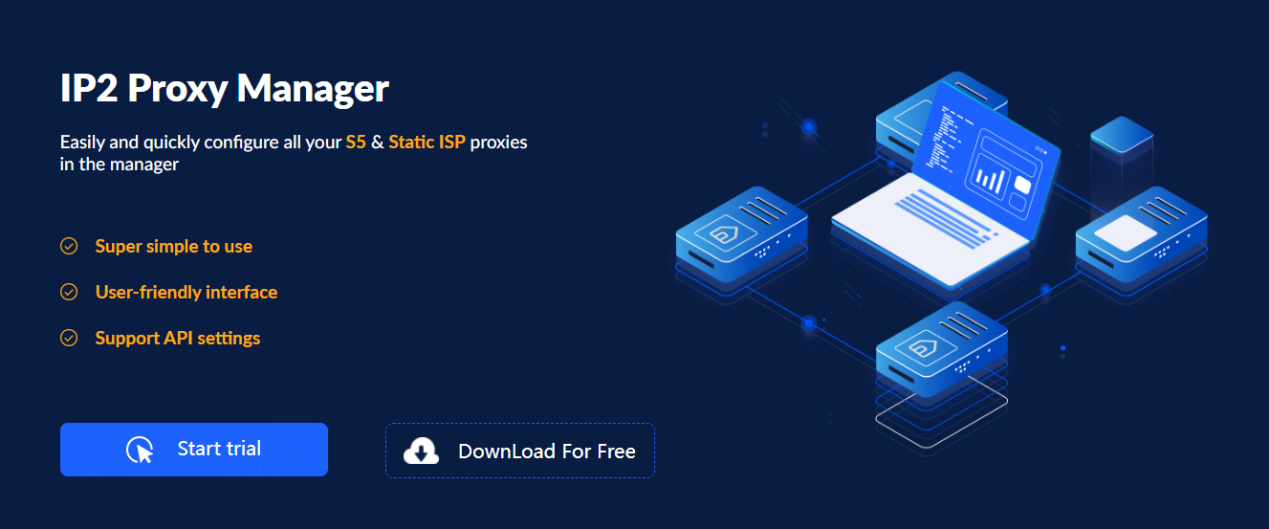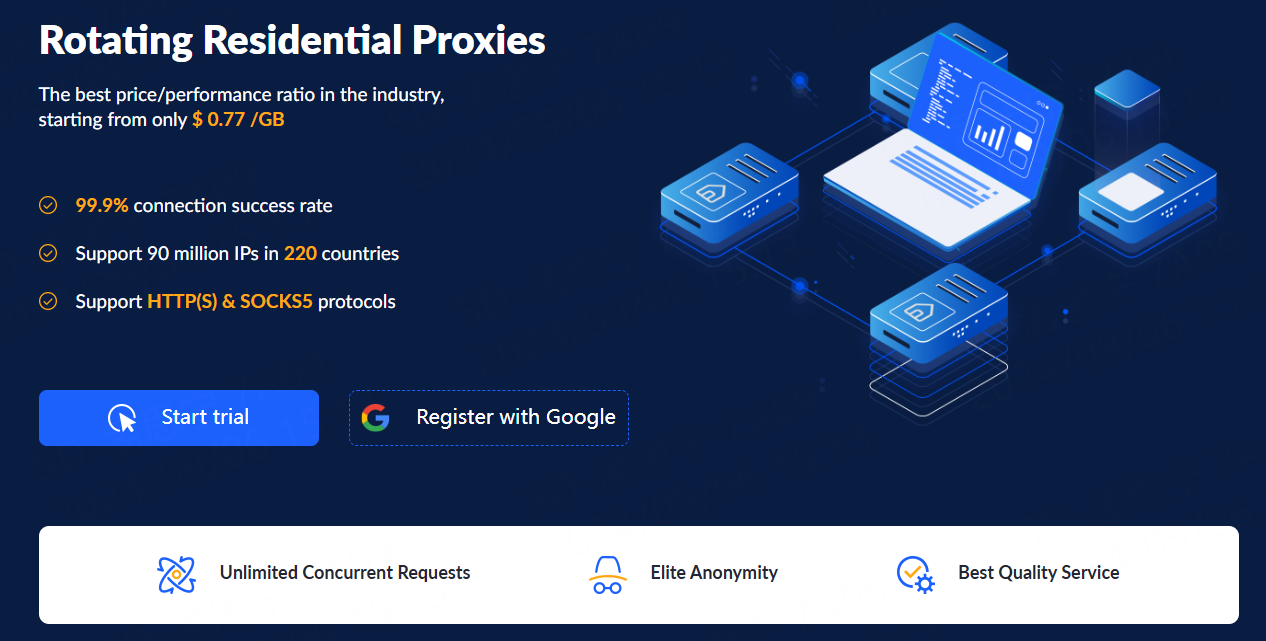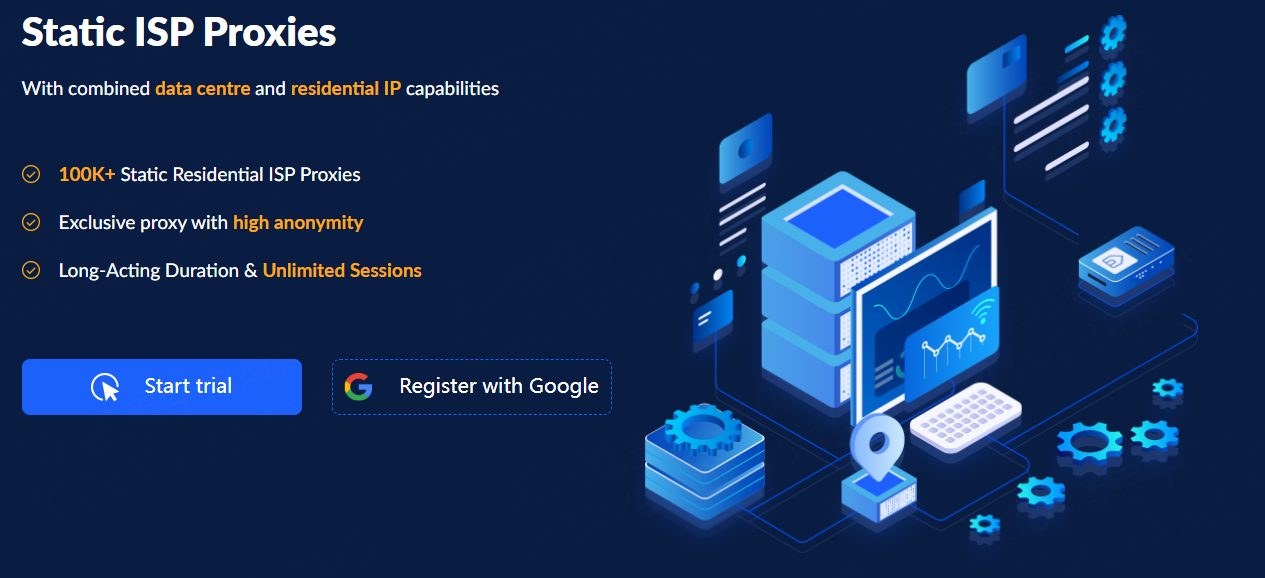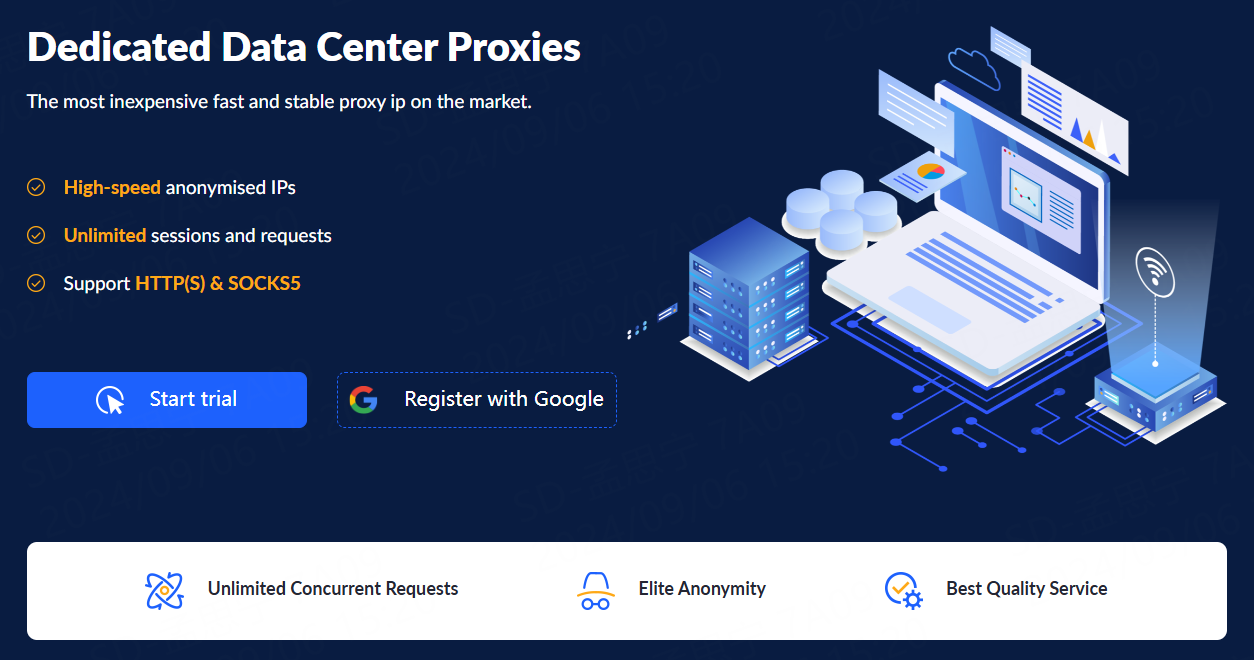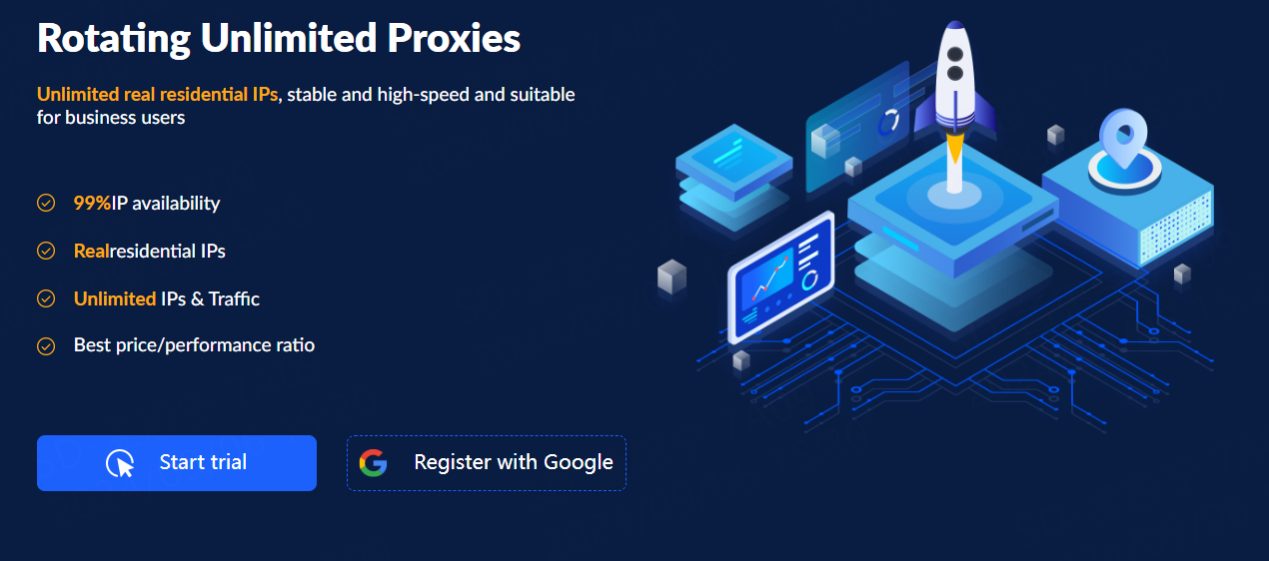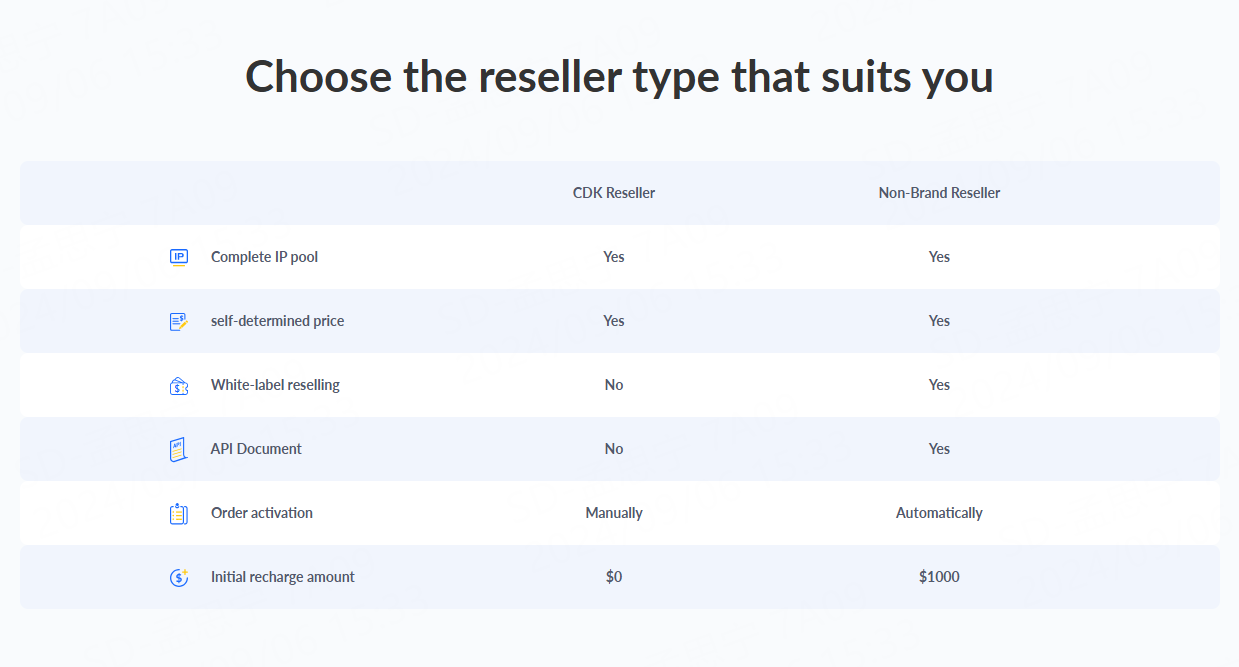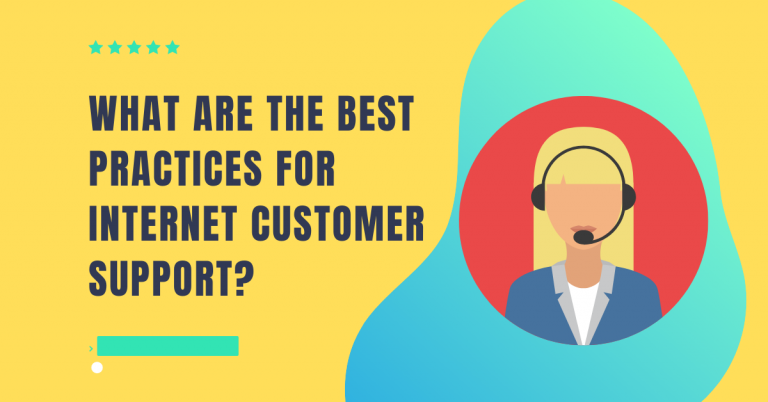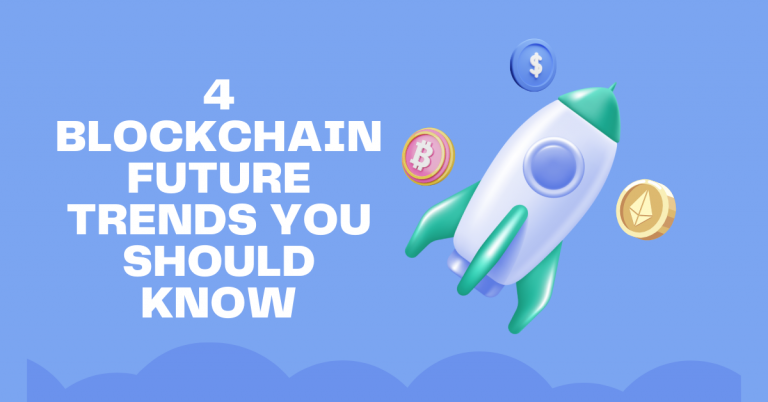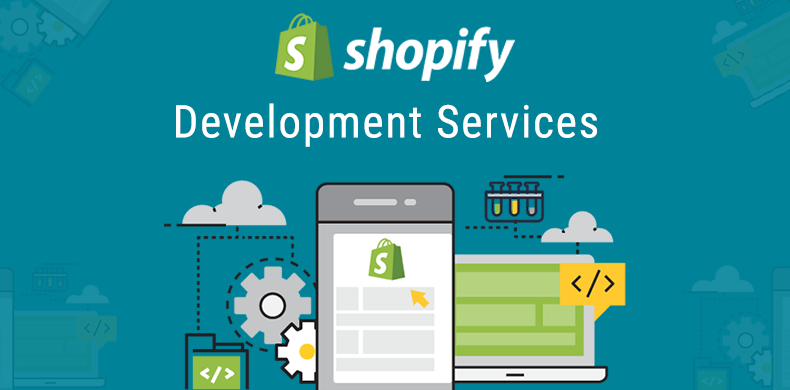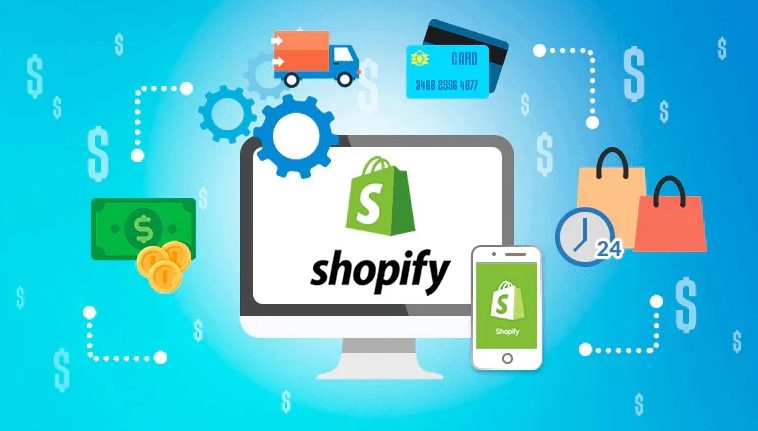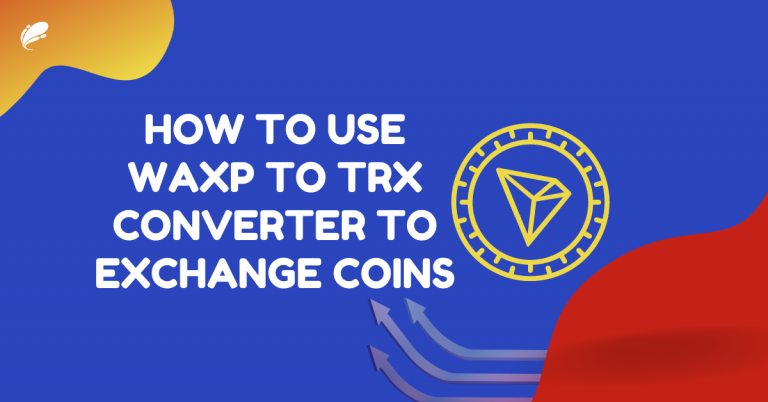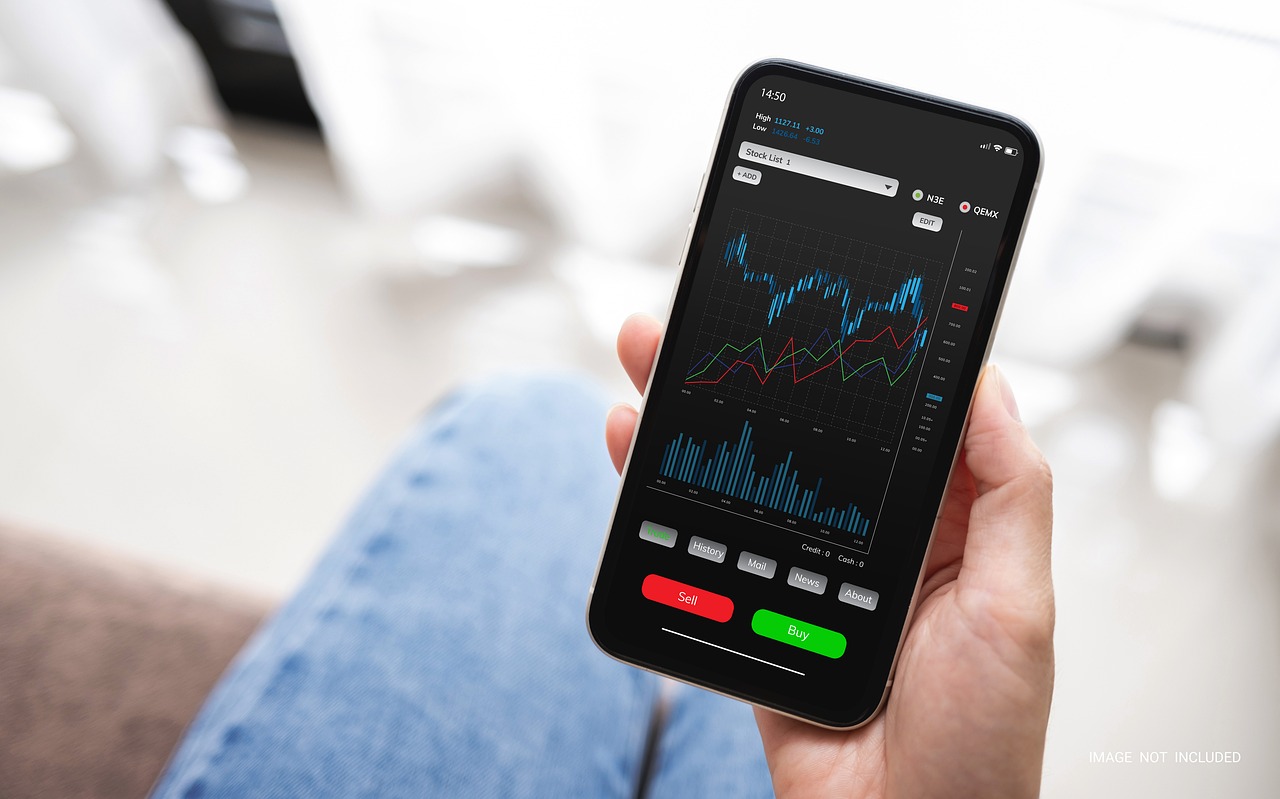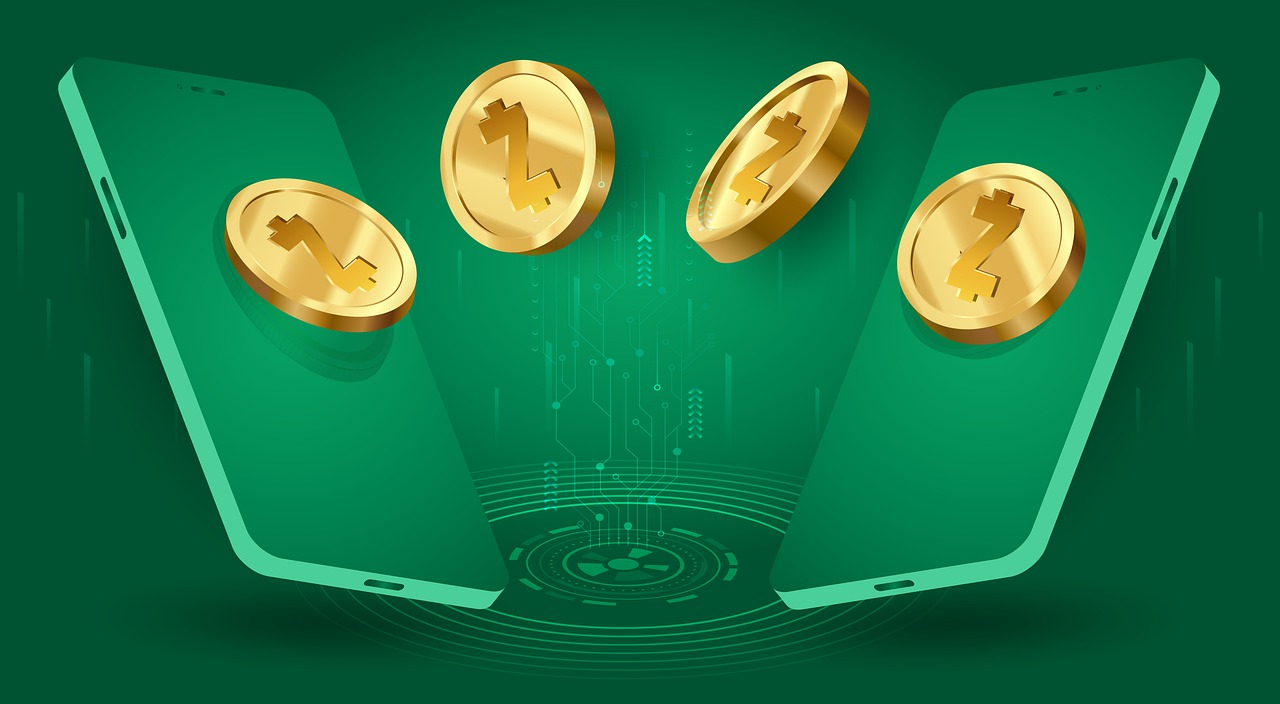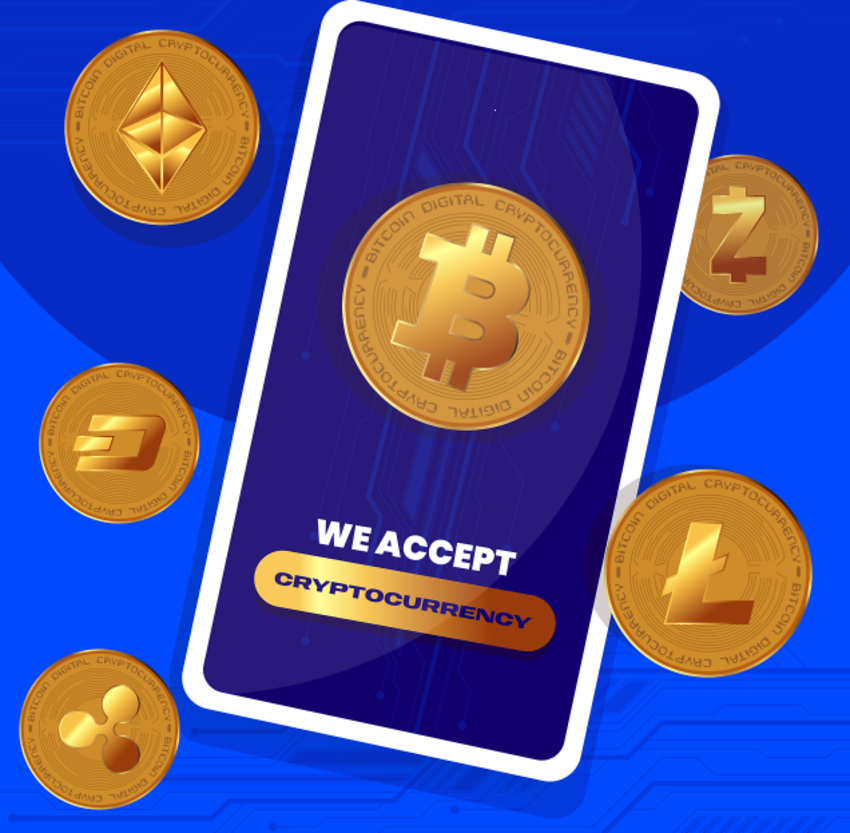Here, we will highlight the red flags that indicate you are in the wrong SEO company.
If you are planning to open a business and want to make your online presence feel better, hiring an SEO expert is what you need to do. These experts guarantee that your presence will be handled by anyone searching for a service or product you offer.
But if you fail to hire the right company, you will never enjoy what SEO can offer your business.
Apart from knowing the factors to consider when hiring an SEO company, it is also essential to be aware of the red flags to look out for. To help you, here are a few of the red flags to watch out for when hiring an SEO company.
READ ALSO: When Is Hacking Illegal And Legal? [Honest Answer]
Table of Contents
Red Flags To Watch Out for When Hiring SEO Companies
1. They promise the impossible
If they promise the impossible, hiring them is not a good idea. Just so you know, even the best SEO companies, like the SEO marketer, cannot commit your business to being on top of search engines overnight. There is no exact and proven formula to ensure your business reaches the top spot in the search engine, and it requires a lot of work and analysis.
True, they can help you become highly visible to people searching for the same service or product you offer, but it will not happen in the blink of an eye. If they commit to this happening in a few minutes or even a day or two, turn your back, run, and never look back.
Never be impressed by companies that make bogus promises.
READ ALSO: How To Choose The Right SEO Agency
2. Accepting your order without asking for information
If the company you seek help from does not ask any questions but accepts your order and commits to providing excellent results, step back and consider the next company on your list. The company should know the nature of your business and other information about it before it can commit.
No righteous and reliable company would accept an offer unless it completely understands the other party’s business. If they don’t even have a hint of your business, how can they say they can help you, right?
3. Asking for full, upfront payment
Of course, payment should be made, but it must not be made before they have done anything. Most companies would agree to a partial payment upfront, with the remainder due once the service has been completed. You would not want to gamble and pay all if they have not proven anything yet.
If they ask for full, upfront payment, hiring them may not be the best decision, considering the risk that they may disappear and become unreachable once the payment is settled. To be on the safe side, do not invest too much too soon.
READ ALSO: Top Dangerous VPN Providers & Red Flags to Avoid in 2025
4. Asking for passwords
If the SEO company asks for passwords, like your computer password, social media account password, and so on, you might want to ask why they need it, and if they cannot explain clearly, do not attempt hiring their service as there is a chance that they are just scammers. There is no reason to ask for a password, but asking why they need it is to give the benefit of the doubt.
5. Asking for personal information
If the SEO company is asking for too much personal information, such as financial capacity, assets, bank accounts, and family background, hiring their service is a massive no, as there is no reason they need to ask for this information.
That’s it, the SEO company’s red flags that you should watch out for.
Red Flags To Watch Out For When Hiring SEO Companies: Frequently Asked Questions
What are white hat SEO techniques?
White-hat techniques involve optimizing your website’s content and structure to improve its organic ranking in search engines according to best practices. This includes keyword research that targets relevant search terms, on-page optimization that makes your content informative and user-friendly, and link-building from high-quality websites that endorse your content.
What questions should I ask an SEO company?
Ask about their industry experience, specific SEO strategies for your website, and how they measure success. Inquire about the frequency of reporting and communication to ensure transparency. Don’t hesitate to ask for references or case studies to see how they’ve helped similar businesses.
READ ALSO: The Difference Between Antivirus and Anti-Spyware
How much does SEO typically cost?
SEO costs can vary depending on the company’s experience, your industry, and the competitiveness of your target keywords. Be wary of companies offering rock-bottom prices, as quality SEO takes time, effort, and ongoing optimization. Obtain quotes from several companies and compare their proposed strategies and costs before making a decision.
What are some promising signs to look for in an SEO company?
Look for companies that focus on white hat techniques, prioritize clear communication throughout the process, and can demonstrate success stories in your industry. Transparency, a data-driven approach, and a focus on long-term results that align with your business goals are all good signs.
Conclusion: Avoiding SEO Pitfalls – Choose Wisely
Hiring an SEO company can be a strategic decision to boost your online presence and attract more qualified traffic to your website. By recognizing the red flags mentioned earlier, you can avoid companies that use unethical practices or make unrealistic promises.
Remember, SEO is an ongoing process that requires continuous effort and adaptation. A reputable SEO company will prioritize clear communication, white-hat techniques, and measurable results that align with your specific business goals.
Ask questions and compare your options before choosing an SEO partner to help your website thrive in search engine rankings.
SUGGESTED READS
- Why Is Data Backup And Recovery So Important?
- Things To Do When In Need Of IT Service
- XMR: Monero implicated in another cryptojacking scandal
- How To Measure SEO Success: KPIs You Need To Track
- Hackers now use SEO malware
- What An SEO Company Needs To Look At Before Starting Your Business Project
- Bonuses At American Casino Red Dog: How To Choose The Best Promotions?


